In the world of beauty and cosmetics, primer is often hailed as the unsung hero of makeup applications. It’s a product used by makeup artists and enthusiasts alike to create a flawless canvas for the rest of their makeup routine. But what exactly does primer do, and why should you consider adding it to your beauty regimen? In this article, we’ll explore the multifaceted benefits of using primer, delve into its different types, and provide tips on how to choose and apply it effectively.
What is Primer?
Primer is a type of cosmetic used to prepare the skin for makeup. It’s applied after skincare products but before foundation and other makeup. Primers are designed to smooth the skin’s surface, enhance the durability of makeup, and provide a protective barrier between the skin and the makeup applied over it. They come in various formulations to suit different skin types and concerns, including hydrating, mattifying, color-correcting, and pore-minimizing versions.
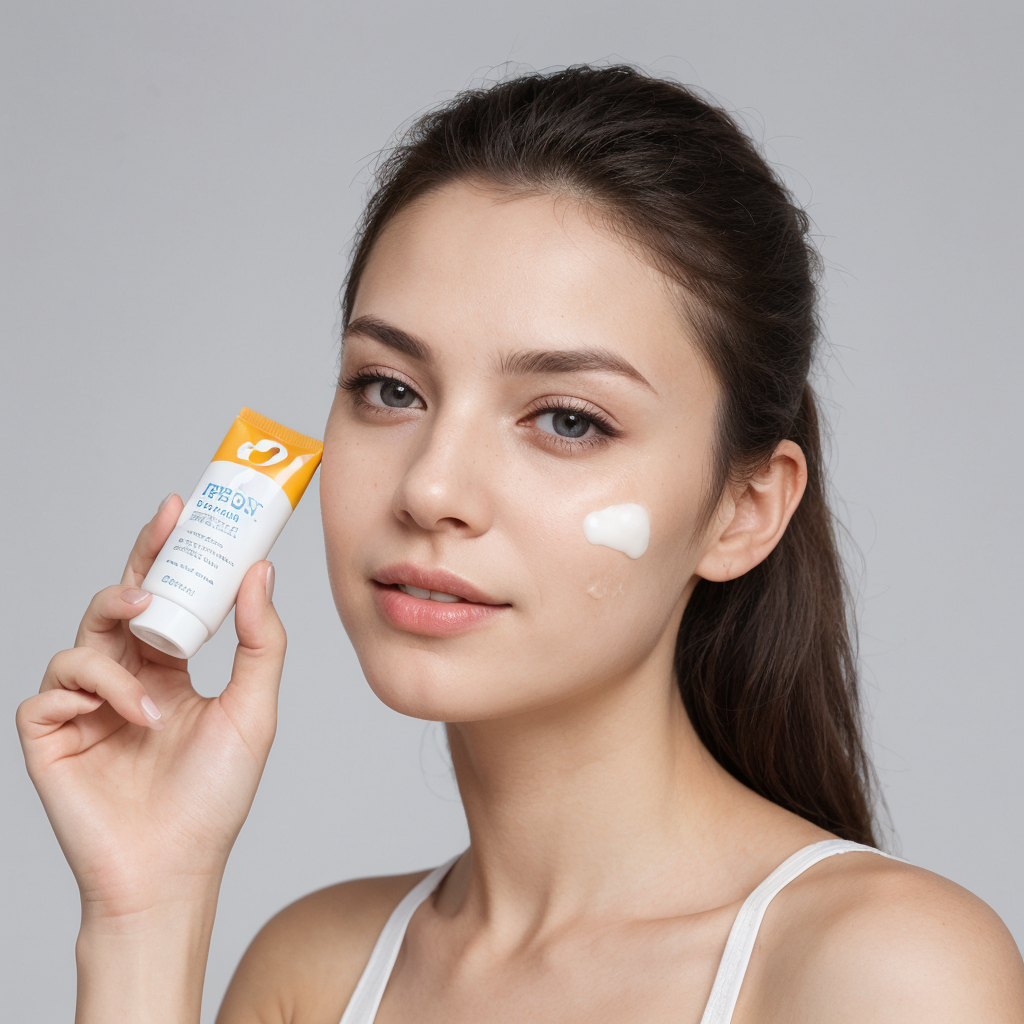
Benefits of Using Primer
1. Smooths Skin Texture
One of the primary benefits of using a primer is its ability to create a smooth, even skin texture. Primers are often formulated with silicones like dimethicone, which fill in fine lines, wrinkles, and pores, making them less visible. This creates a silky-smooth surface that facilitates smoother makeup application and a more polished finish.
2. Enhances Makeup Durability
By forming a barrier between the skin and makeup, primers help to prevent oils from the skin from breaking down makeup over the course of the day. This means that your makeup not only looks better immediately after application but also lasts much longer. Whether you’re dealing with long workdays or special events, a primer can be your best ally to keep your makeup fresh from morning until night.
3. Improves Makeup Appearance
Beyond helping makeup last longer, primer also improves the way it looks on the skin. By providing a smooth base, it allows foundation to go on evenly and prevents it from clinging to dry patches or sinking into fine lines. The result is a more youthful and dewy complexion, regardless of the foundation formula you choose.
4. Controls Oil and Shine
For those with oily skin, a mattifying primer can be a game-changer. These primers not only help to control oil production throughout the day but also reduce shine, maintaining a matte finish even under challenging conditions like hot weather or intense physical activity.
5. Enhances Skin Hydration
Conversely, for those with dry skin, hydrating primers are available that contain ingredients like hyaluronic acid or glycerin which attract moisture to the skin. These primers help to keep the skin hydrated throughout the day, preventing makeup from looking flaky and the skin from feeling tight or uncomfortable.
6. Provides a Protective Barrier
Primers can also act as an additional protective layer on the skin, shielding it from environmental pollutants and the potential irritative effects of other makeup products. Some primers even include SPF, offering an extra layer of defense against harmful UV rays.
7. Color Correction
Color-correcting primers offer unique benefits by helping to neutralize skin discolorations. Green primers diminish the look of redness, lavender shades counteract sallow tones, and peach or orange hues brighten under-eye circles and dark spots. This can significantly reduce the amount of concealer and foundation needed to even out the skin tone.
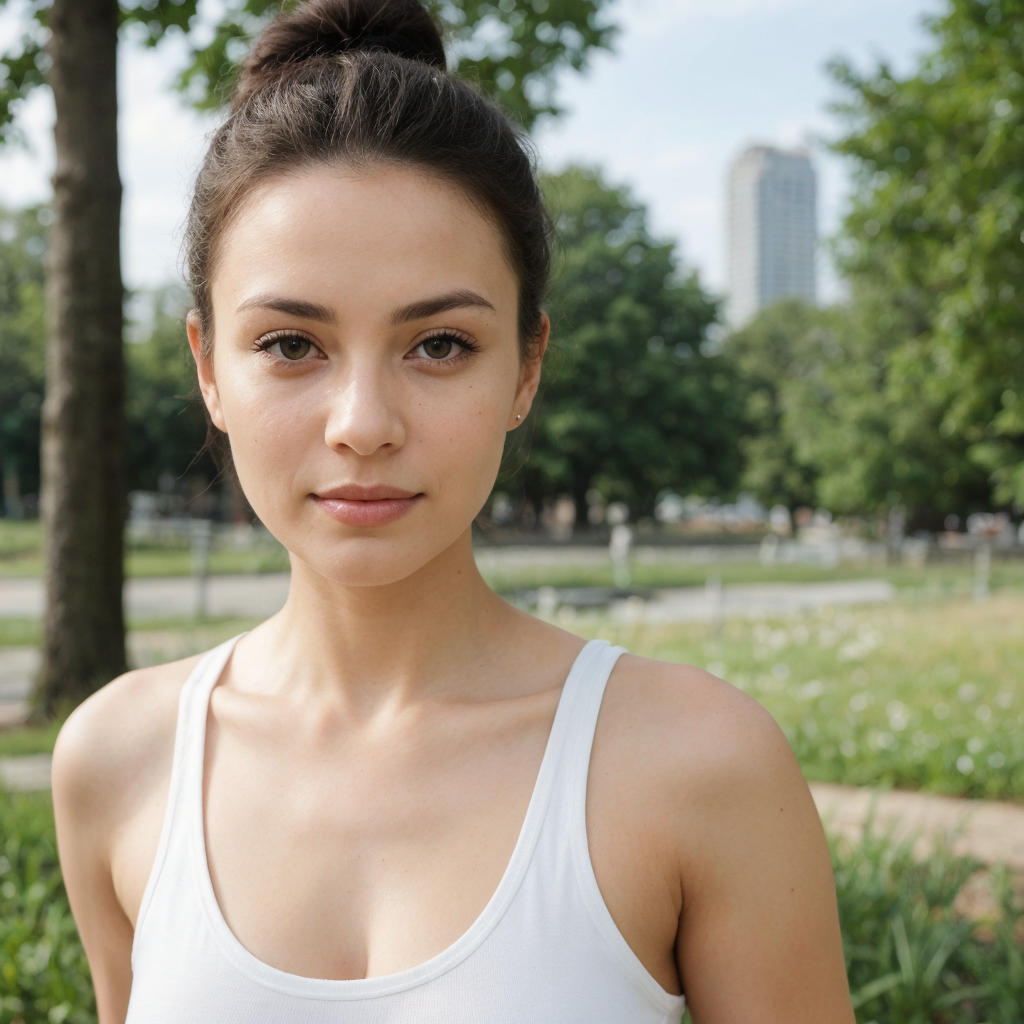
Choosing the Right Primer
Skin Type Considerations
- Oily Skin: Look for oil-free and non-comedogenic formulas that control shine and mattify the skin.
- Dry Skin: Choose hydrating primers with moisturizing ingredients.
- Sensitive Skin: Opt for fragrance-free and hypoallergenic primers to avoid irritation.
- Combination Skin: You might need different primers for different areas (e.g., mattifying on the T-zone and hydrating on cheeks).
Application Tips
- Less is More: A pea-sized amount of primer is usually sufficient.
- Focus on Problem Areas: If you have large pores or fine lines, concentrate the primer in these areas.
- Wait Before Foundation: Allow the primer to set for a few minutes before applying foundation.
Primer is not just another step in your makeup routine—it’s a versatile tool that can elevate the overall look of your makeup and care for your skin simultaneously. By choosing the right primer for your skin type and concerns, and applying it correctly, you can maximize its benefits and enjoy a flawless makeup finish every day. Whether you’re prepping for a daily work look or a special event, incorporating a primer into your routine can provide both immediate and lasting benefits.
Shop our Recommended Primer
e.l.f. Hydrating Face Primer: https://amzn.to/3UpAdne (Amazon)
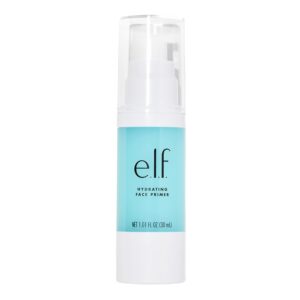
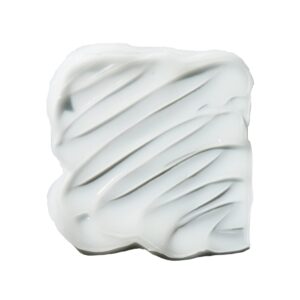
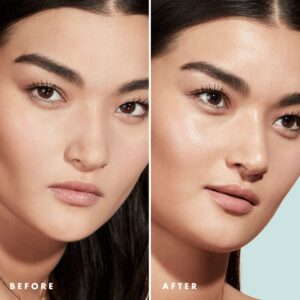
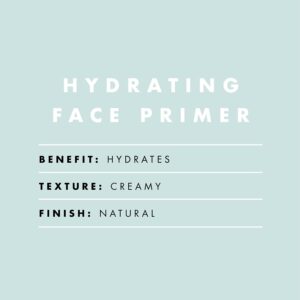
Frequently Asked Questions
1. What is the purpose of using a makeup primer?
Makeup primer serves multiple purposes. It smooths the skin’s texture, creates an even surface for makeup application, and helps makeup last longer throughout the day. Primers can also address specific skin concerns like oiliness, dryness, and visible pores, and even provide additional benefits such as sun protection or hydration.
2. Can primer be used without foundation?
Absolutely! Primer can be worn alone to smooth the complexion and reduce the appearance of pores and fine lines. It can also help control shine and correct skin color without the need for foundation. This is a great option for a more natural look or on days when you want to keep your skincare and makeup routine minimal.
3. How should primer be applied for best results?
For best results, apply a small pea-sized amount of primer to clean, moisturized skin. Use your fingers or a soft makeup sponge to blend the primer into your skin, focusing on areas with larger pores or fine lines. Allow the primer to set for a few minutes before applying foundation or other makeup products to ensure it forms a good base.
4. Does using a primer really make a difference in makeup longevity?
Yes, using a primer can significantly increase the longevity of your makeup. By forming a barrier between your skin and your makeup, primers prevent oils from your skin from breaking down your makeup. This not only helps your makeup application look smoother and more even, but it also keeps it looking fresh and intact for longer periods, reducing the need for touch-ups.
Keywords: #best face primer for oily skin #water-based primer #water based primer #eye shadow primer #eyeshadow primer